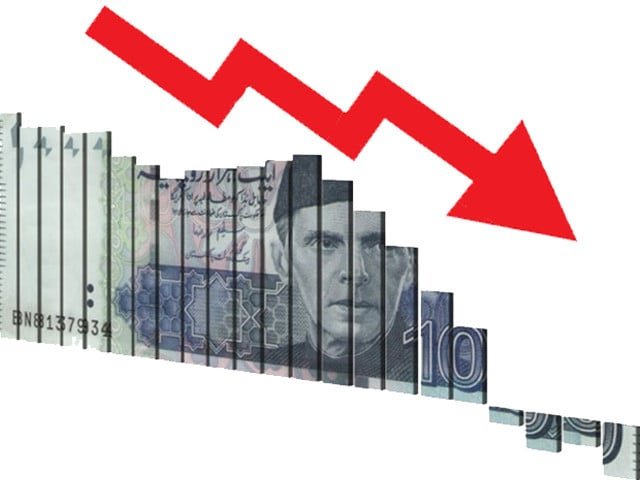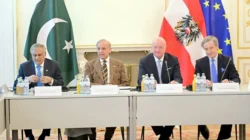Capital suggestion: Objective economy

Here is a partial list of countries that have effectively depoliticized economic decision-making: Singapore, South Korea, Israel, Chile, Sweden, Norway, Denmark, Finland, Switzerland, Germany, Canada, Australia, New Zealand, Austria, Belgium, Japan, the United Kingdom, the United Arab Emirates, Qatar, Kuwait, Bahrain, Oman, Brunei, Taiwan, Estonia, Latvia, Slovakia, Slovakia, Ireland, Malta, Uruguay and Iceland.
Depoliticization of the economy is the process of reducing political considerations and influences over economic issues, economic policies and economic institutions. Depoliticization involves the separation of political agendas from economic decision-making processes in order to promote a more objective approach.
In a depoliticized context, decisions are made based on expert opinions, empirical evidence and rational analysis, rather than being driven by partisan politics. The goal is to ensure that economic policy decisions are made in the best interest of the public, rather than being influenced by the short-term goals or electoral considerations of politicians.
In Pakistan, the consequences of economic decision-making influenced by politics are readily apparent: an alarming accumulated debt of Rs73 trillion, a 50 per cent surge in food inflation, and a multidimensional poverty rate of 52 per cent. Our current situation is largely a result of this politicized economic decision-making. Consequently, Pakistan has no alternative but to conscientiously and systematically transition toward depoliticisation of the economy.
Here’s what the government needs to do. One, the government must appoint economic experts and professionals with a track record of competence and integrity to key economic positions. Two, the government must establish an independent fiscal council that monitors government spending and revenue collection to ensure fiscal responsibility. Three, the government must implement rules that limit budget deficits and debt accumulation, preventing excessive government spending for short-term political gains.
Four, the government must enhance the autonomy and effectiveness of key economic institutions, such as the State Bank of Pakistan, the Planning Commission, and the Federal Board of Revenue. This includes appointing qualified professionals based on merit rather than political affiliations.
Five, the government must introduce legal and regulatory reforms to protect these economic institutions from political interference and ensure their decision-making is guided by economic expertise. Six, the government must decouple public-sector appointments from political patronage by implementing merit-based recruitment procedures. Seven, encourage the selection of competent professionals to lead key economic ministries and agencies. Eight, educate citizens about the benefits of depoliticized economic decision-making and its potential positive impact on the country’s development. Nine, develop a clear medium-term economic vision and strategy, which should transcend political cycles and guide economic decisions. Ten, enshrine this strategy in a formal policy document to reduce the scope for short-term political expediency.
In conclusion, the presented list of countries showcases successful depoliticization of economic decision-making. Depoliticization involves separating political agendas from economic decision processes, aiming for objective, expert-driven choices. Such an approach mitigates short-term politics, prioritizing public welfare. In contrast, Pakistan’s economic woes stem from politicized decisions, evident in its soaring debt, food inflation, and poverty. To reform, the government must appoint skilled experts, enforce fiscal discipline, bolster autonomous institutions and shield them from political meddling. Ultimately, a commitment to depoliticization can usher in sustainable economic progress, transcending political fluctuations.
The writer is a columnist based in Islamabad. He tweets @saleemfarrukh and can be reached at: farrukh15@hotmail.com





